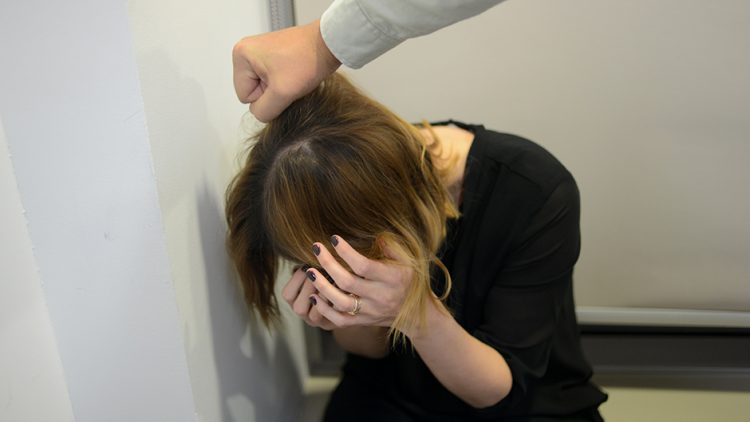
Forty percent of all Bosnian women experienced psychological, physical or sexual violence at some point in their lives, said the Organization for Security and Co-operation in Europe (OSCE) presenting their report in Sarajevo, on Thursday.
“Violence against women is a social, and not an individual problem. Despite the fact that various forms of violence can change over time, its main causes are deeply engraved in our societies,” OSCE Chair Miroslav Lajcak said during his official visit to Bosnia.
“The OSCE recognises violence against women both as an individual but also as a threat in a wider sense, which was noted in last year's decision of the Ministerial Council on the prevention and fight against violence against women,” Lajcak said, adding that violence against women and girls must not be overlooked, anymore.
The OSCE's research on the well-being and safety of women in the country, in 2018, was aimed at gathering comparable data on different forms of violence which women experience during their entire lives.
It dealt with violence which women experience in conflicting and non-conflicting environments and the impact of violence on women and the society in its wider sense, including its lasting consequences.
The results for Bosnia showed that three out of five women think that violence against women is a usual thing in their communities.
Four out of ten said they experienced psychological, physical or sexual violence after reaching the age of 15, from their partner or someone else.
Nearly half of them think family violence is a private thing, while 40 percent of them did not know what to do if they experience violence.
Most women do not report the violence they experienced due to shame and material dependency, lack of information, lack of trust in institutions and fear as the main reasons why they do not report it.
“The situation in Bosnia is complex because there's no single strategic or harmonised legal framework in the field of fight against gender-based violence. That's why the Gender Equality Agency of Bosnia and Herzegovina and the State Human Rights and Refugees Ministry will continue working on ensuring an equal system for the prevention and protection of victims through harmonising the legal and institutional framework with the aim of ensuring the protection, status and access to these institutions,” Director of the Gender Equality Agency Samra Filipovic-Hadziabdic said.
The study was held in seven OSCE member states: Albania, Bosnia, Montenegro, North Macedonia, Moldova, Ukraine and Kosovo.




